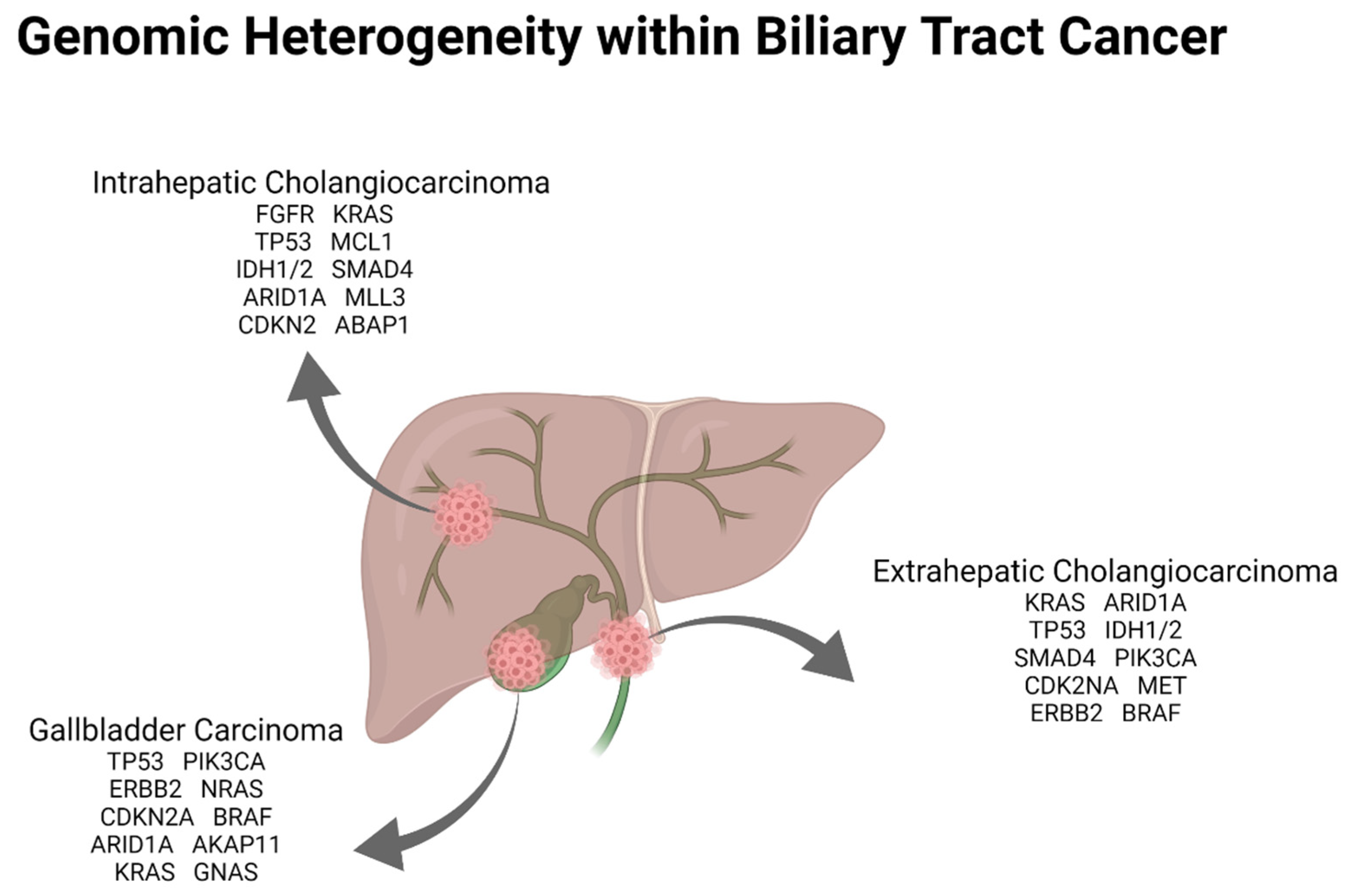Jan 1, 2005 · although bile acids have been predominantly studied in relation to promotion of colon cancer, it is now evident that bile acids are implicated as playing a role in carcinogenesis. In humans, an increased incidence of cancer of the laryngopharyngeal tract, esophagus, stomach, pancreas, the small intestine (near the ampulla of vater) and the colon are associated with. Dec 13, 2024 · microbes living in our guts help us digest food by reshaping the bile acids that our livers produce for breaking down fats. Fecal levels of secondary bile acids correlate with mucosal and metabolic markers of colorectal cancer (crc) risk in high and low risk adult individuals and can be modified within a few. Mar 18, 2024 · ox bile, also known as bovine bile, has been used for centuries in traditional medicine for various digestive ailments.
May 24, 2014 · here, we review the substantial evidence of the mechanism of secondary bile acids and their role in colon cancer. Bile acids were first proposed as carcinogens in 1939. Secondary bile acids are produced by microorganisms present at high concentrations in the colon. Recent prospective studies and a retrospective study in humans associate high circulating. Acidic bile in oesophageal cancer) on cancer cells.
The Pamibaby Surprise: A Leak That Will Make Your Jaw Drop
The Raerockhold Leaks: What We Learned
The Video Leak: Pamibaby's Defining Moment
